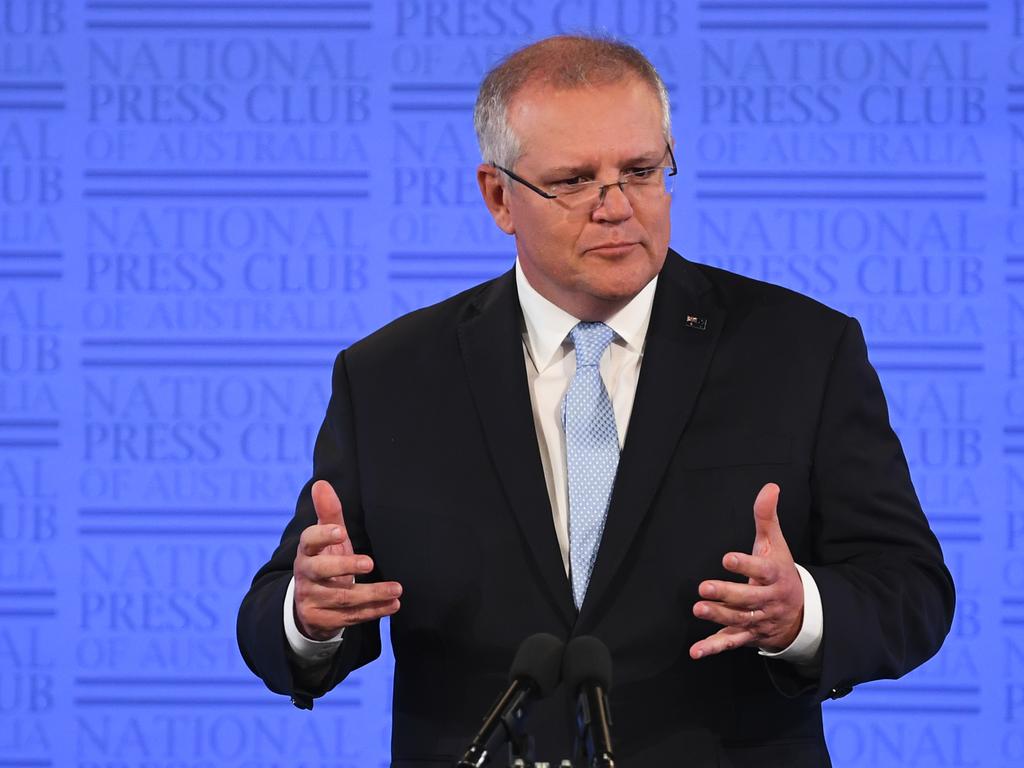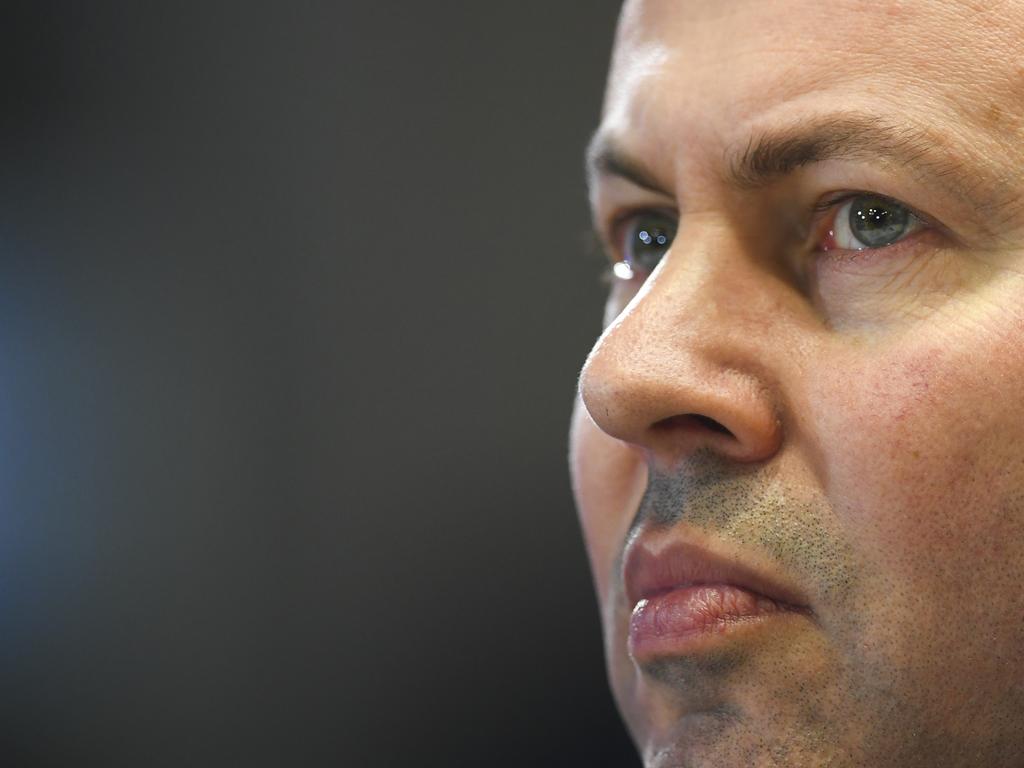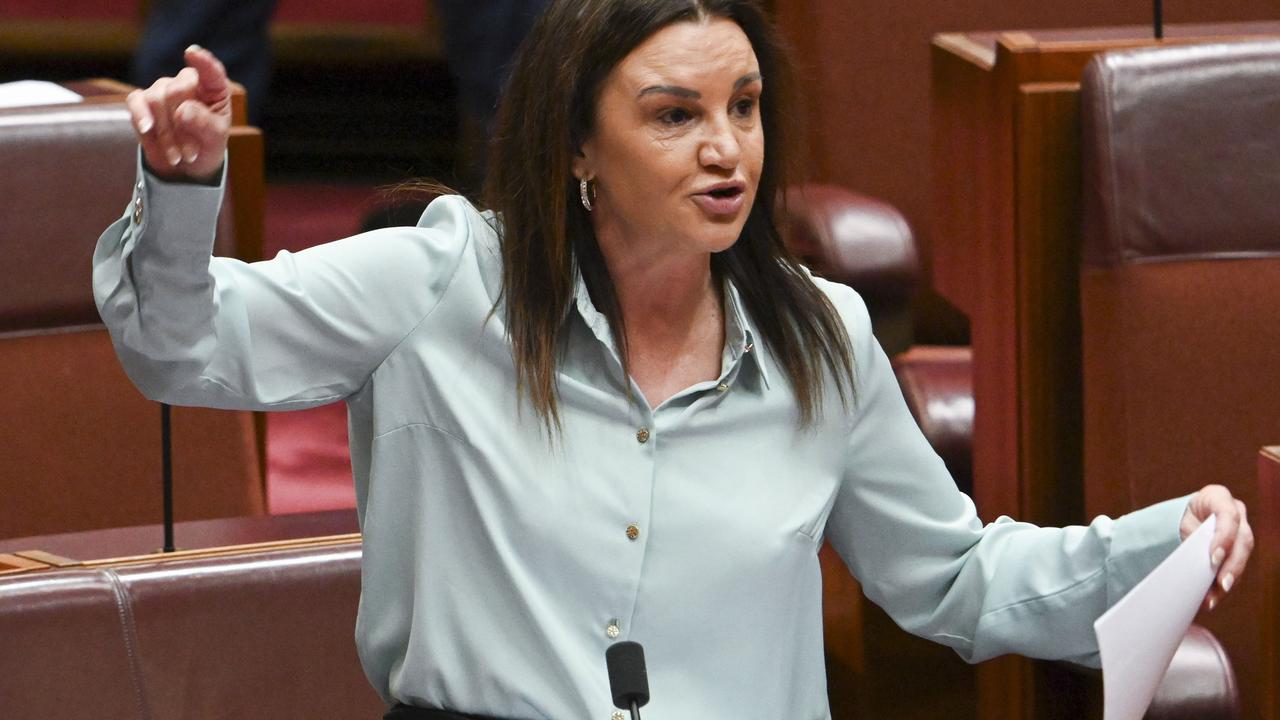PM backs casual workers’ right to a road map for holiday pay
Prime Minister Scott Morrison excluded casuals from JobKeeper but could a new deal with unions secure help them secure more rights?

Scott Morrison has an “open mind” about delivering millions of casual workers greater certainty on access to sick leave and holiday pay in Australia under a planned shake-up of workplace laws.
But a clear definition of what a casual worker is – to protect employers from future legal claims for back pay – is likely to be the quid pro quo with unions.
The Prime Minister was accused of abandoning casuals by excluding them from the $1500 JobKeeper scheme in the wake of the coronavirus unless they had worked for an employer for over 12 months.
But that could be about to change as unions and employers call for a clear definition of what a casual worker is and a better road map for how long term casuals can convert to permanent jobs with annual leave.
The Federal Court has recently found that some casual workers working regular hours should be considered permanent employees regardless of what their contracts say forcing bosses to back pay unpaid annual leave, personal leave, and public holiday payments.
Bosses want clarity before they hire new staff, but the PM also believes long term casual workers should have the right to convert their roles to part-time jobs with leave entitlements at some point.
RELATED: Childcare centres refusing to take kids
RELATED: ‘Not fit’: ScoMo’s surprise move

As the Prime Minister hit the airwaves today to explain his Hawke-Keating style summit with unions leaders to protect jobs in the post-COVID economy, he’s backed the right of more casuals to convert to permanent roles with leave entitlements.
“The opportunity should be there for employees, where they are operating as full-time employees, that they would have the opportunity convert to full-time work,’’ he said.
“Now, that’s a reasonable position. That’s something that’s already commenced happening and it’s something that needs to be done in a fair and a reasonable way. And that’s one of the key issues that I’m sure is going to be discussed, how that can be best achieved.”
It’s a consensus proposal that’s secured conditional support from the nation’s most revered trade unionist Bill Kelty if it will help deliver change for the growing army of casual workers denied basic rights to sick leave and holiday pay.
The architect of former Prime Minister’s Bob Hawke’s original Accord agreement with workers, the former ACTU secretary has even raised the prospect that simplifying complex awards for bosses could be part of that discussion.
“Doing something in respect of casuals, giving them greater security and converting them to part-time or full-time, that’s the biggest weakness this economy has,’’ Mr Kelty told news.com.au.
“If you’re a worker and you’ve got annual leave, long service leave, but if you’re a casual employee you’re close to falling over the edge.”

Mr Kelty said if a better deal could be reached on casuals, there was a discussion to be had about simplifying the awards that determine working conditions and penalty rates.
“What do the employers say they find hard? The award complexities. So award simplification, if it’s not about a reduction in people’s rates and conditions might be something you look at.”
Mr Kelty conceded that some workers would need to make big concessions to save jobs in a recession.
“They don’t necessarily need to be pay cuts but it does mean big adjustments,’’ he said.
“You can simplify awards. But you’ve got to simplify awards to make them more effective and understood. You don’t simplify awards for reducing people’s conditions across the board.”
Despite claims that no previous Liberal Prime Minister had countenanced a consensus approach with unions, Mr Kelty said he had held discussions with former Prime Minister Malcom Fraser about an accord style agreement prior to striking the agreement with Bob Hawke.
Mr Kelty has proposed a five-point plan for reform including supporting a small real increase in the minimum wage, phasing out JobKeeper slowly so the economy doesn’t fall off a second cliff and not deferring the already-legislated 2021 rise in the superannuation guarantee to 10 per cent.

Workplace Relations Minister Christian Porter also nominated resolving the challenge of casuals as the top of the reform list.
“And I think that, yes, we will need to work out how we define casual in the Fair Work Act because clearly that uncertainty is itself causing economic problems and inhibiting the growth in jobs,’’ he said.
“The complexity in some of the Awards, particularly those that deal with key industries, hospitality, for instance, is a known problem.
“Now, people will have different views about how to solve those problems, but we want to get everyone in a room, talk through those views and alternative ways to solve those problems and try and actually produce solutions to known problems that can weather a parliamentary process and actually increase job growth in Australia after COVID-19, where we face the biggest economic challenge of our lives.”
The Prime Minister said there were “no guarantees’’ his approach would work but it was worth a try.
“And in times like this, the most difficult economic times we’ve faced since the Great Depression, then you’ve got to bring people together to find new solutions in industrial relations, in workplace relations,’’ he said.
“We’ve been spinning wheels for quite a period of time. And that is not going to help us get people back into work. And we’ve got to break out of those old moulds and put the weapons down, get people into a room and sort it out.
“We have got to try new things, we have got to do whatever we can to get people back into jobs. And I think that we have demonstrated particularly say through the National Cabinet is where we can bring people together from different perspectives we can achieve some pretty amazing things.
“We are now seeking to do that in the workplace, just getting employers and employees together, bosses and workers, others who are involved in that process to see what they can agree, so we can get people back into work.”
Labor’s workplace relations spokesman Tony Burke said he would believe the government was serious about a better deal for casuals when he saw it.
“For years Labor has been urging the Government to bring workers and unions to the industrial relations negotiating table in a bid to deliver those sorts of reforms,’’ he said.
“But let’s be clear: all the Government has done so far is book a room. This is not an IR agenda – it’s a series of meetings.”
.




